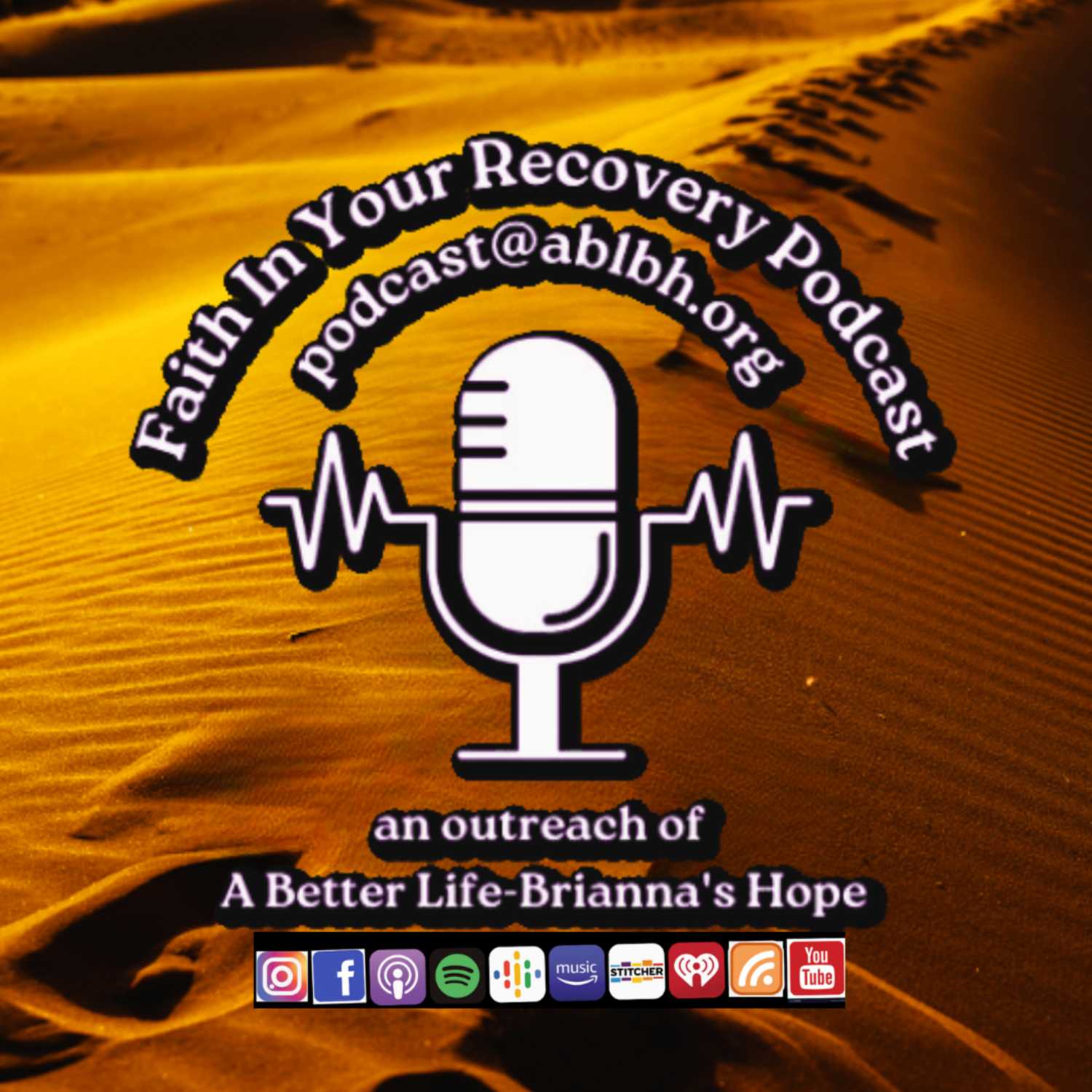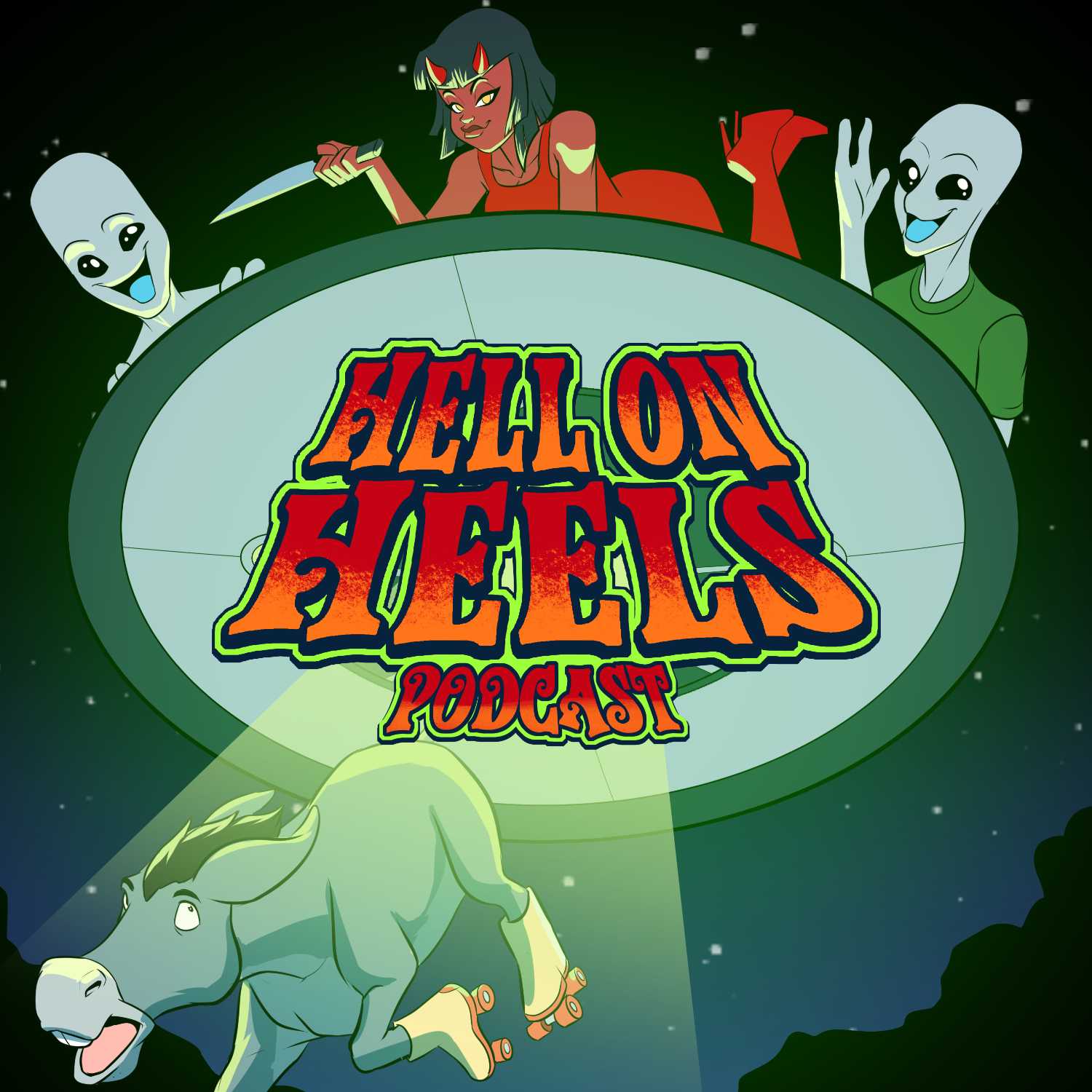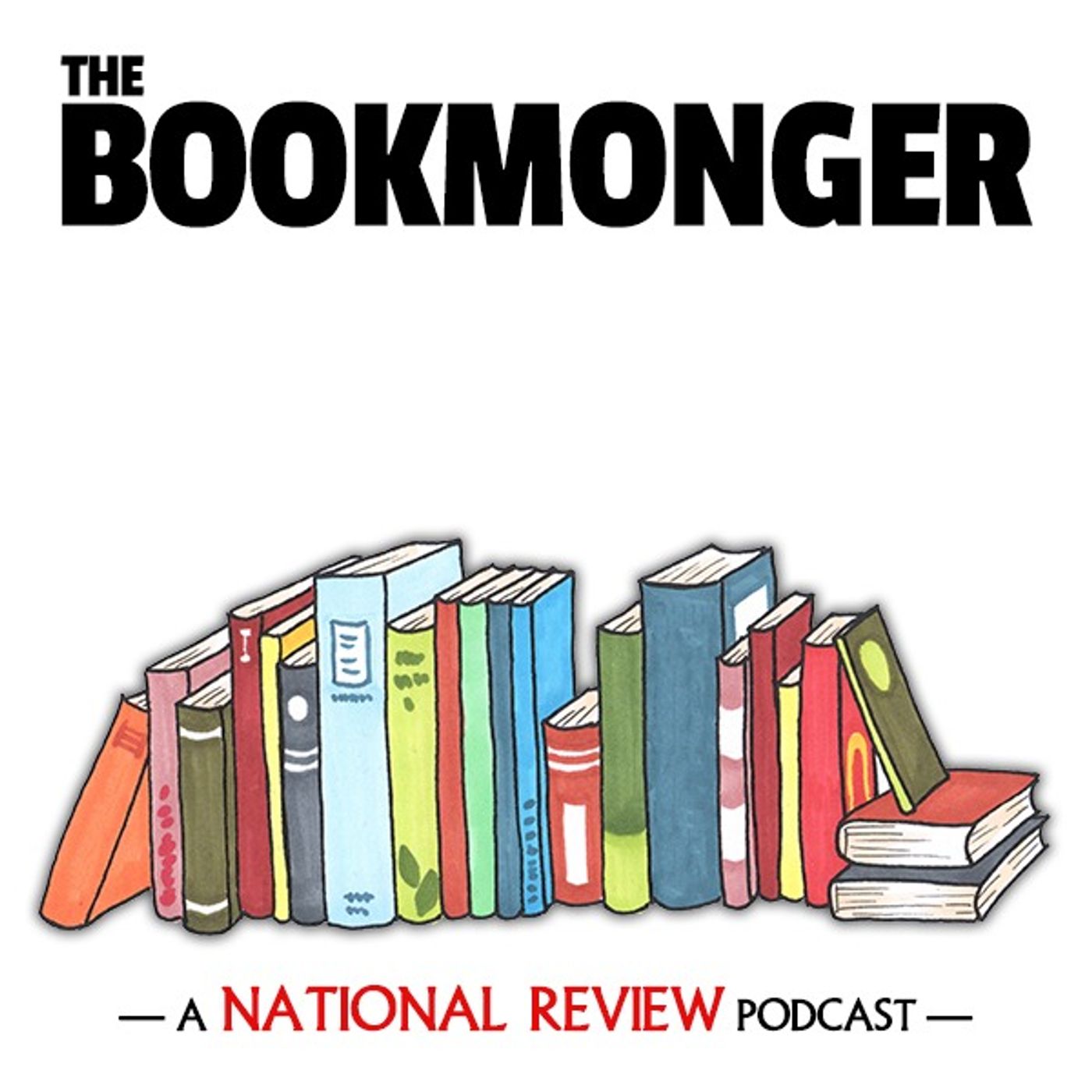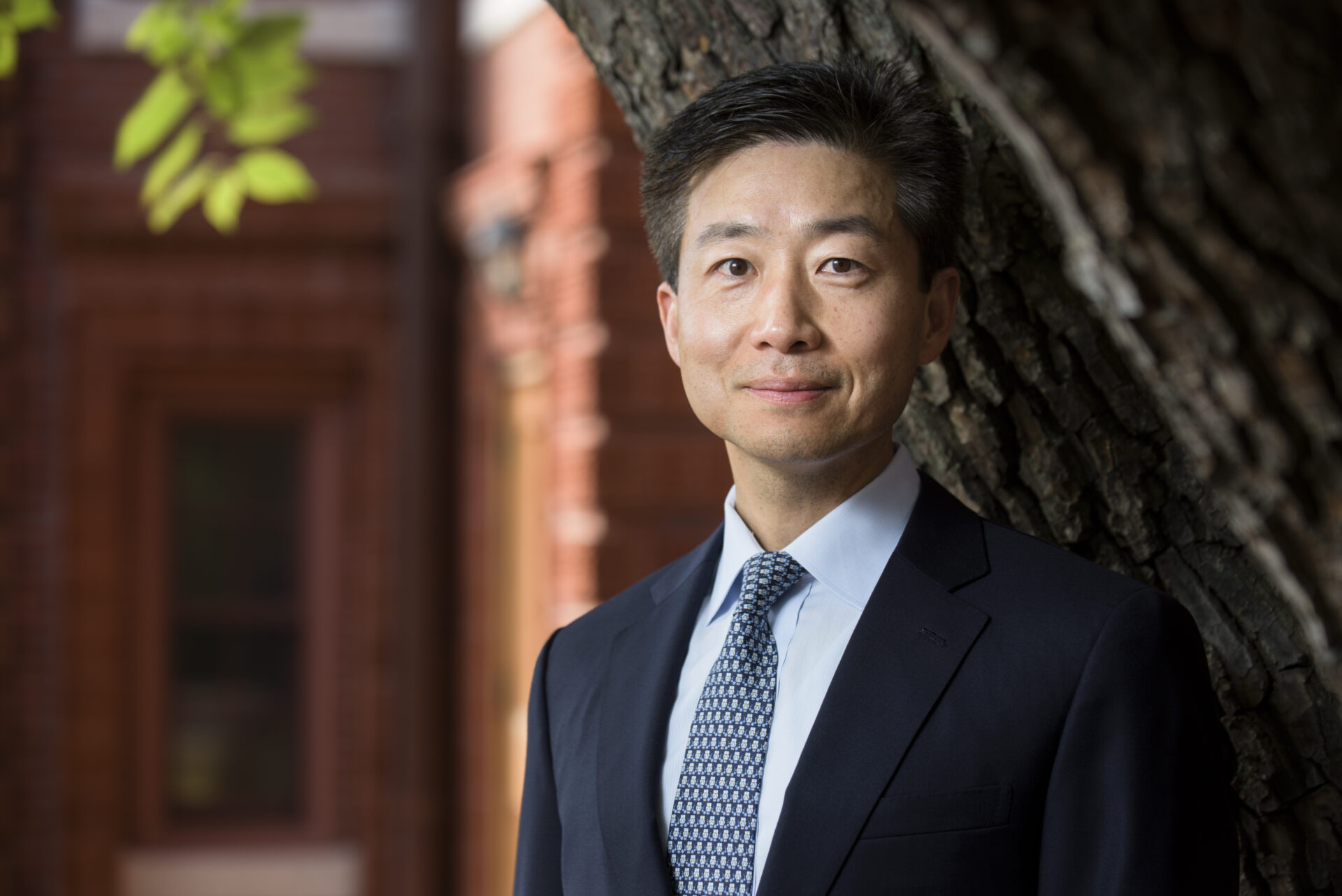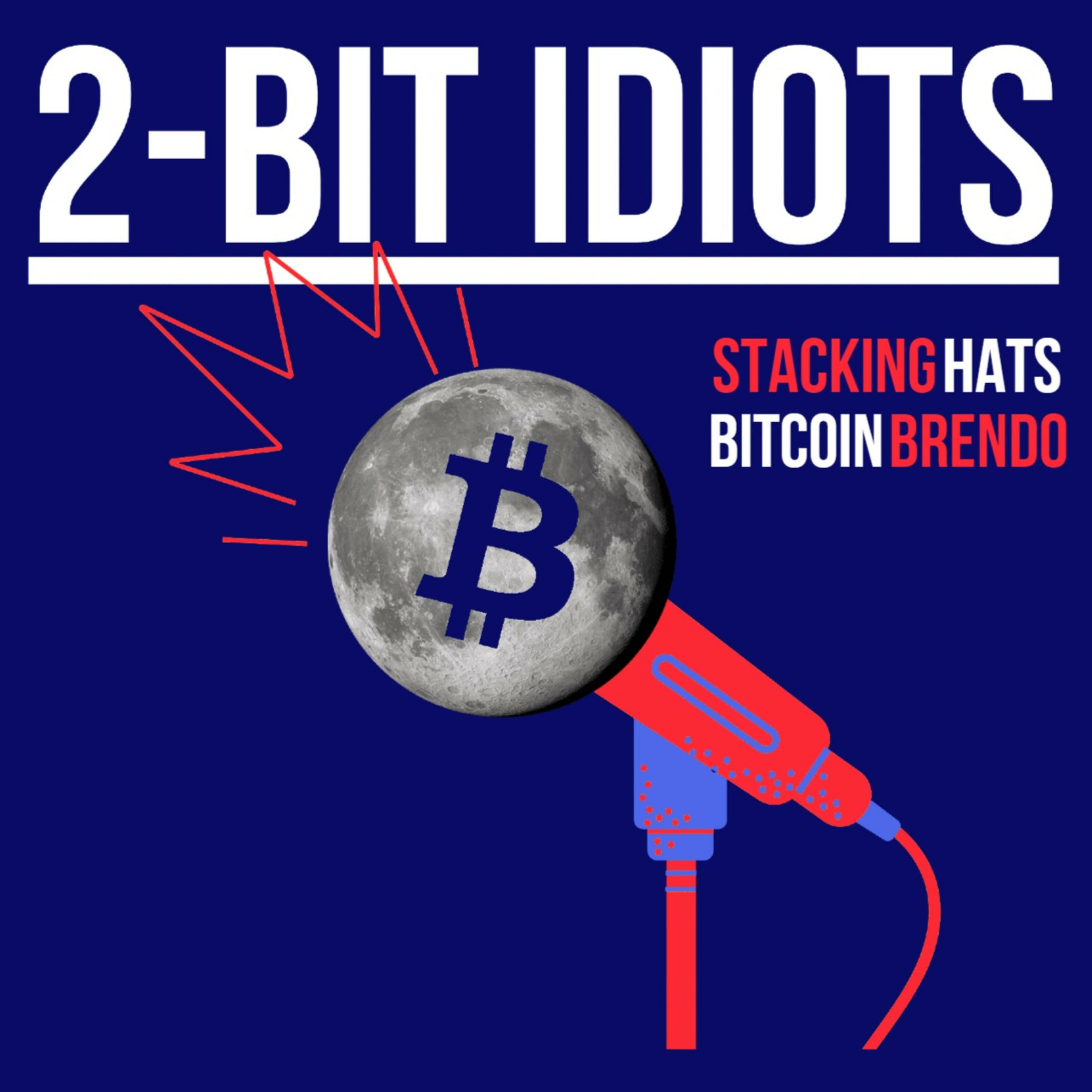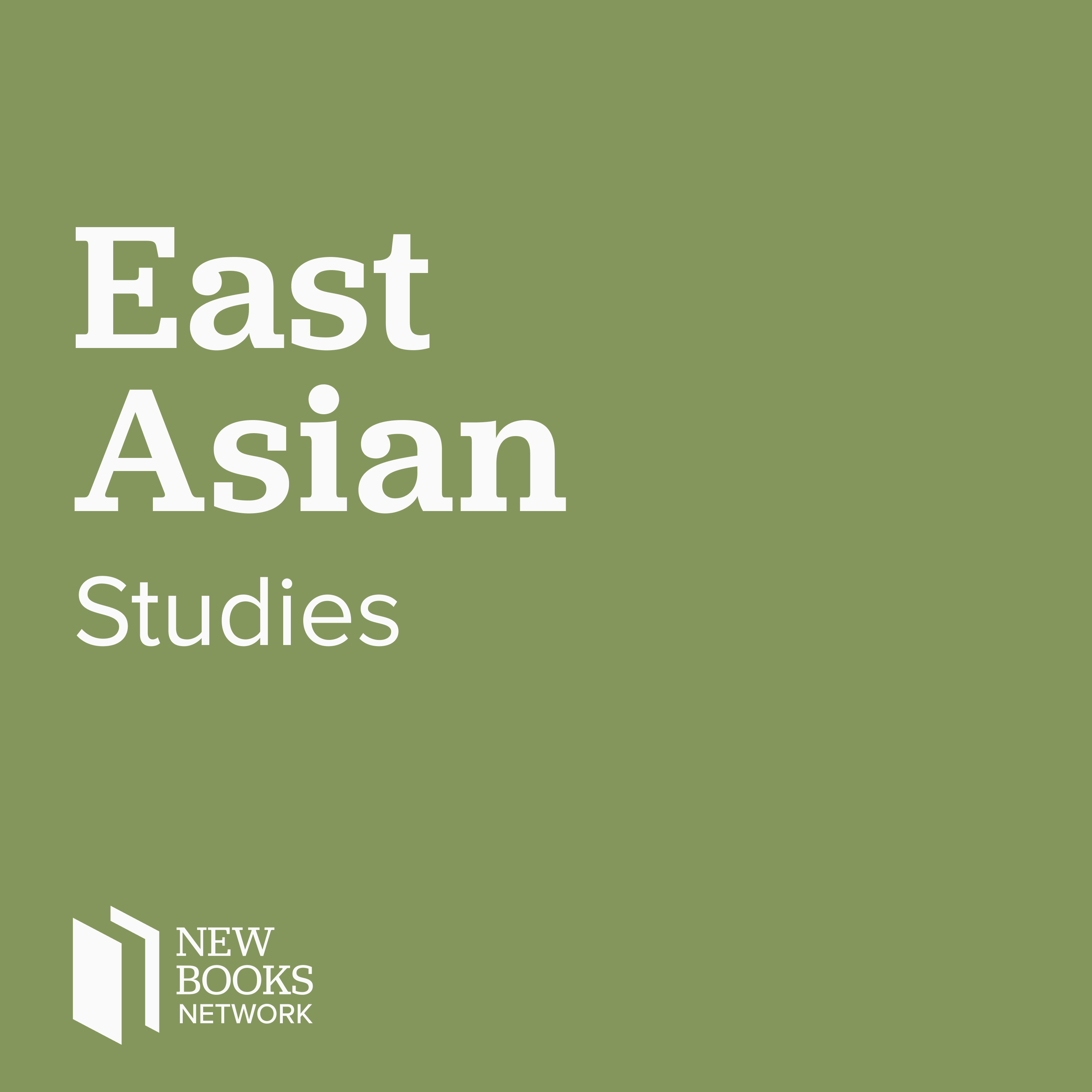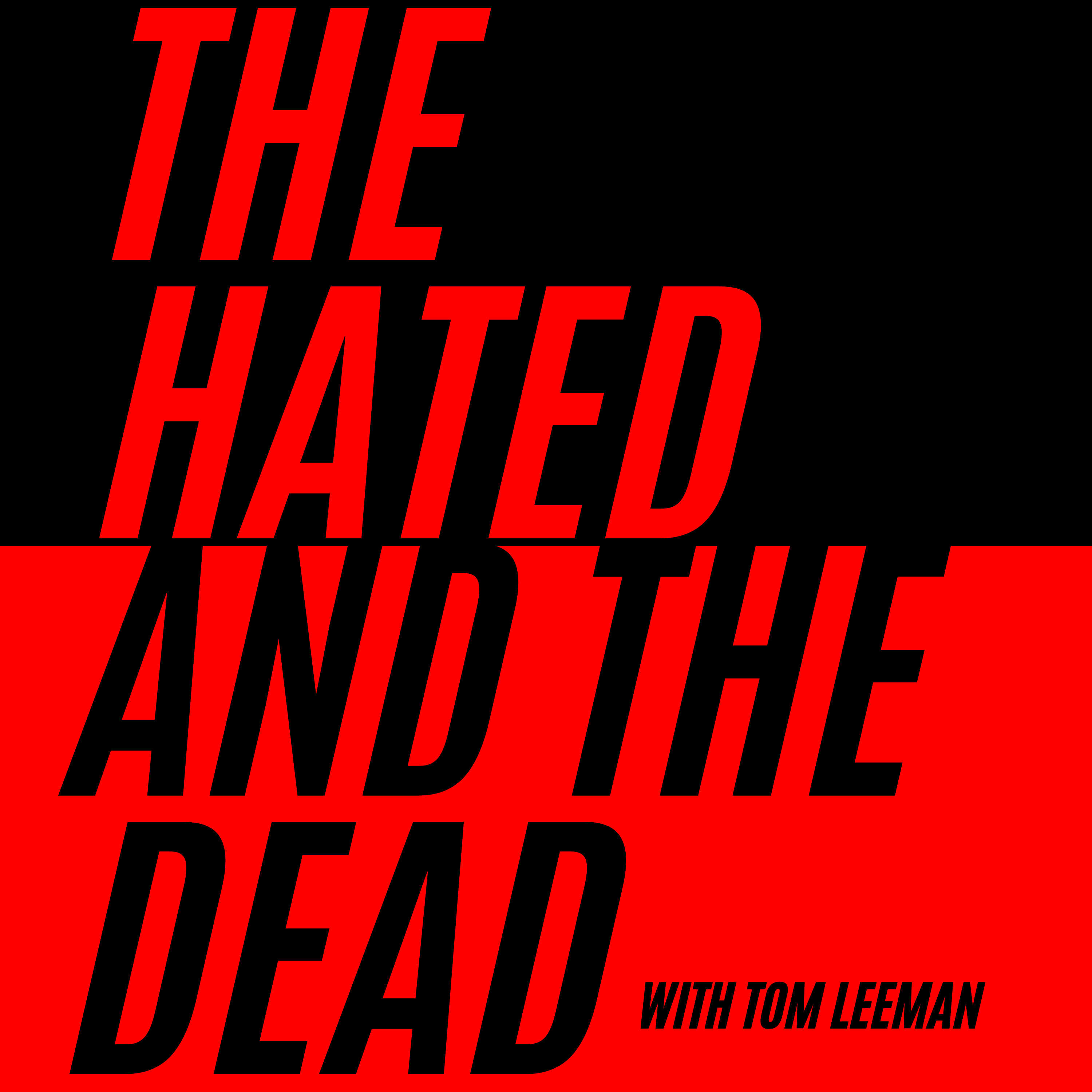EP99: Yoon Suk Yeol
Yoon Suk Yeol has been the President of South Korea since May 2022. A public prosecutor until two years ago, Yoon won the Presidency on a knife-edge, having thrown in his lot with the "New Right", a pro-American, capitalist faction which rails against the cultural liberalism espoused by Korean progressives. <br/><br/>His election suggests a degree of cultural polarisation, but debates over economic policy since Yoon took office has been relatively narrow and non-polarised. This is perhaps an indication that the country's democracy, amid a looming demographic crisis, is in fact fairly stable.<br/><br/>My guest today is Jack Greenberg. Jack is a Global Korea Scholar at the National Institute for International Education, Korea University. In a wide ranging interview, we discussed: the end of the South Korean dictatorship in 1987, the pervasiveness of corruption in the country today, the effect North Korean proximity has had on the South’s politics, South Korean’s obsessive relationship to education and work, and the country’s prospects in the medium term.
